Many people think of leadership and management as interchangeable terms during discussions of organisational operations and culture. But while it’s true that leaders’ and managers’ work can and do frequently overlap, they also diverge significantly in many respects. While the strongest managers do exhibit leadership skills and qualities, not all managers will practice leadership. In contrast, a person doesn’t necessarily need to work in a managerial role to be a leader in the workplace.
Managers and leaders are both integral to meeting organisational goals, enhancing greater productivity, and building good company culture. This article will explore the similarities and differences between managers and leaders in more detail and emphasise the importance of each.
Differentiating Leadership and Management
The main difference between leaders and managers is that “manager” refers to a specific designation or role within an organisation, while “leader” has a more fluid meaning. While a manager typically has specific technical knowledge, expertise, or skills that make them fit for their position, leaders are defined more by their ability to inspire and influence others.
With this in mind, let’s delve deeper into more significant differences between leadership and management:
1 Vision vs. Process
Managers and leaders have different but complementary roles in defining, communicating, and executing a company’s goals. Leaders are primarily responsible for visualising and setting a company’s mission, vision, and long-term objectives. Meanwhile, managers work with company employees to achieve the organisation’s goals. Managers are also responsible for ensuring that team members are aware of their organisation’s core values and live and work in line with these values.
It helps to think of leaders as visionaries and innovators who work primarily with ideas. The role of company leaders is to identify opportunities for organisational improvement and rally employees to work toward those ideas.
Managers, on the other hand, are fundamentally process-oriented executors of a leaders’ vision. They’re primarily concerned with defining and implementing the various tasks and processes that will help realise company goals. They also make sure that employees are on-task, productive, and empowered to bring their suggestions and constructive criticisms about their work forward when necessary.
2 Inspiration vs. Engagement
As previously mentioned, leaders are meant to inspire and empower people to work together toward a common cause. Particularly effective leaders achieve this through careful self-examination, honest communication, and continuous dialogue with their workforce. Instead of unilaterally pushing their vision, they recognise the importance of two-way communication and give employees opportunities to participate in company-wide conversations.
For their part, managers encourage employees’ productivity and ensure that they have a positive work experience throughout their tenure with the company. Because interactions and relationships with managers account for the bulk of employee engagement in the workplace, managers are directly accountable for their teams’ success. A successful and well-managed team doesn’t just help further organisational goals, but is also comprised of happy, motivated, high-performing individuals with the potential for further career growth in the future.
3 Future-Focused vs. Present-Focused
Leaders are frequently thinking ahead, envisioning how they want their organisations to grow over time and identifying future opportunities that they and their people can capitalise on in order to get there.
In contrast, managers’ more process-oriented functions mean they’re more preoccupied with the present. Managers must implement the necessary procedures and processes around organisational structuring, staffing, budgeting, and other key areas of company operations. They’re also responsible for ensuring that these systems function efficiently on a day-to-day basis.
4 Shaping Culture vs. Endorsing Culture
Organisational culture refers to the set of beliefs, values, and behaviours that define the way an organisation operates and executes its work. Effective organisational culture motivates employees and other stakeholders to work, behave, and make choices that uphold their company’s values and help further its goals.
Leaders and managers have different responsibilities when it comes to organisational culture. Leaders define, shape, and promote the culture by communicating company core values to employees and striving to uphold these values through their own actions and decisions. Managers endorse this culture and encourage their employees to live it out in their professional and personal lives.
5 Where Leadership and Management Overlap
Though leadership and management are two fundamentally different functions, the duties and responsibilities of leaders and managers also overlap in many areas.
One of the most important of these areas is organisational communication. Employees don’t just expect to be informed about the current state and aspirations of their company; they also appreciate the opportunity to offer their own input on how their company is run. Effective leaders and managers communicate goals and expectations clearly and motivate their people to work toward them while still keeping the feedback loop open.
Managers and leaders are also the foremost problem-solvers and decision-makers in any organisation. While leaders may be responsible for resolving company-wide issues and making choices that affect the whole organisation, the team- and departmental-level decisions that managers make are no less important. These smaller-scale choices help support the company’s everyday operations and keep workflows running smoothly.
At the end of the day, effective leaders and managers are both vital for an organisation’s success. Both have important roles to play in supporting and empowering employees, building a healthy company culture, and creating opportunities for organisational growth.
If you want to know more, call us on 1300 551 274 or send an email at team@teamfocusplus.com. We look forward to hearing from you.





